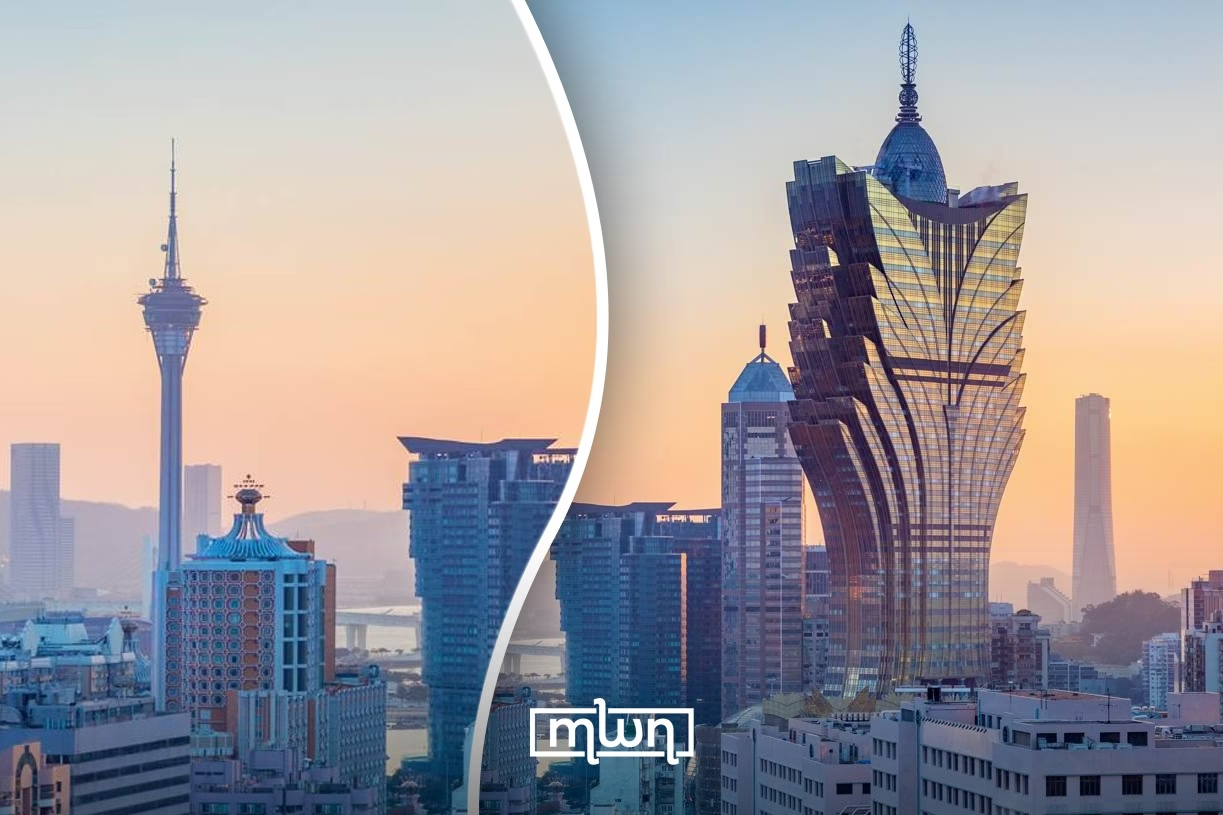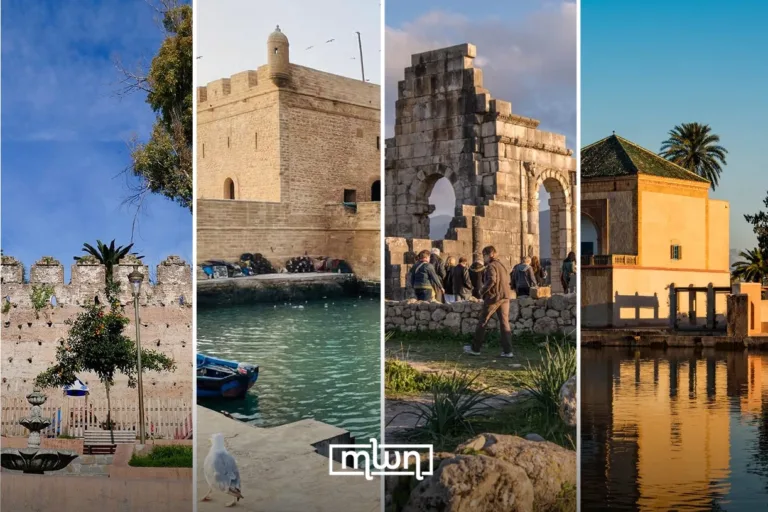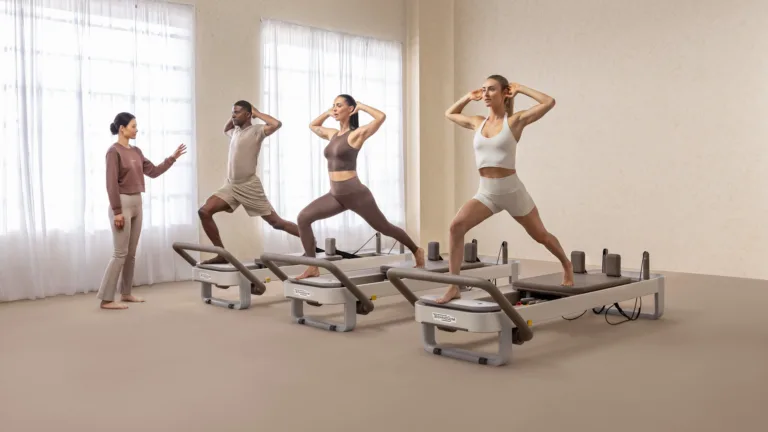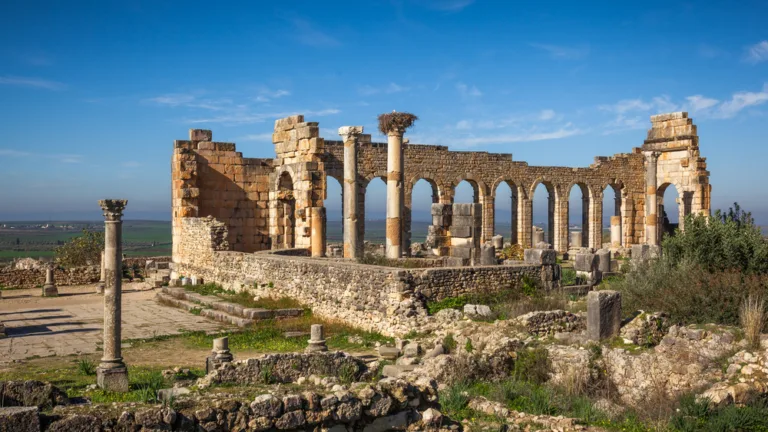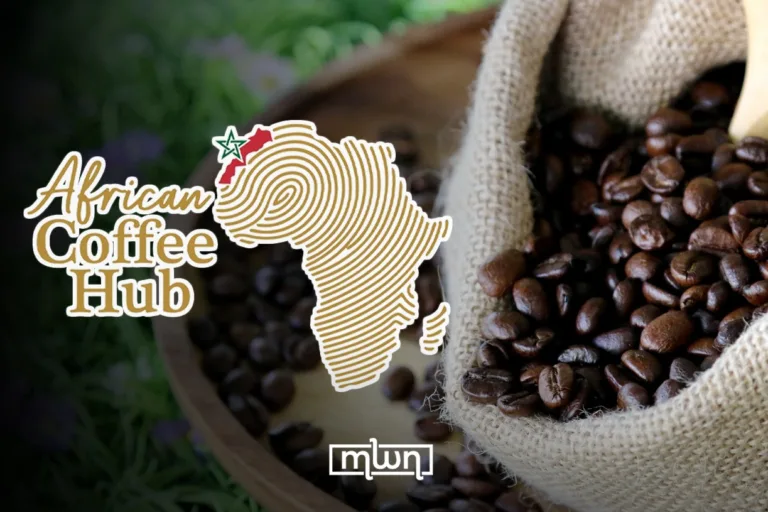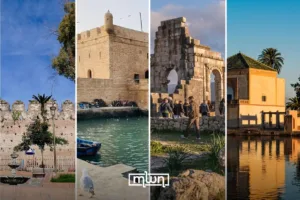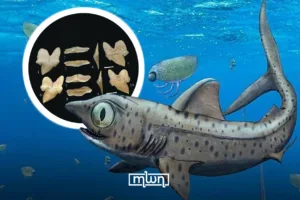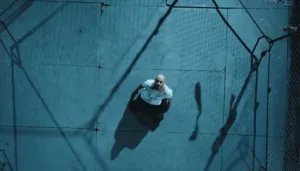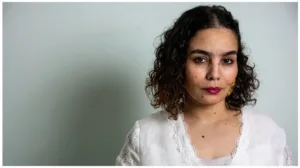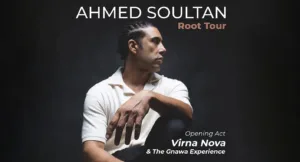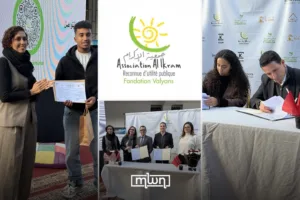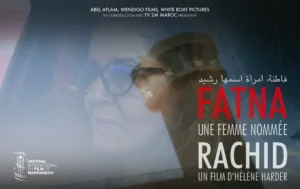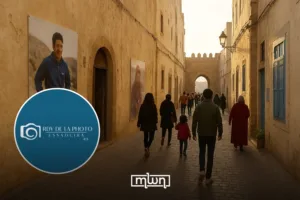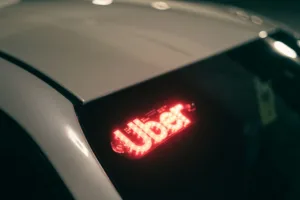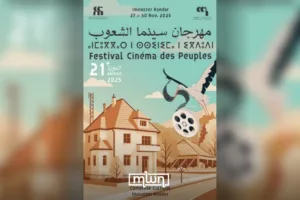Forget what you know about casinos and dim sum. Macau is not just China’s gambling playground, it’s one of the world’s most underrated cultural mysteries.
Fez – For over four centuries, this tiny 33-square-kilometer sliver of land has been quietly staging a historic encounter between empires.
A Portuguese foothold on Chinese soil since 1557, Macau evolved into a strange, beautiful chimera, a city where temples sit next to Baroque churches, and dragon dances meet Catholic processions.
Macau is now a Special Administrative Region of China, sitting just across the water from Hong Kong and a short trip from Guangzhou.
But its soul is far older, messier, and more intriguing than most guidebooks dare to explain.
This is not your average tourist city, it’s a living museum of globalization before globalization had a name.
Long before fusion cuisine became a thing, Macau had already perfected it. In its kitchens, Chinese stir-fry techniques danced with Portuguese stews.
African chicken: a fiery, paprika-heavy dish, was invented here, not in Africa.
Bacalhau (salted cod) found a new home next to Cantonese rice noodles. Even egg tarts became something else entirely: Portuguese in crust, but unmistakably Macanese in soul.
This culinary crossroads wasn’t just about flavor, it was a survival strategy. Colonial Macau had to keep the Portuguese elite happy while feeding the local Chinese population.
The result? Dishes like pork chop buns and crab congee that speak two languages on your palate.
It’s easy to think of Macau as a sideshow to Hong Kong’s economic drama, but don’t be fooled, Macau was once the European gateway to China.
The Portuguese didn’t just bring spices and Catholicism; they brought diplomacy, piracy, Jesuits, and a wild mix of intentions.
It was here that East and West sat awkwardly at the same table, and sometimes fought over who got to light the incense.
Before Hong Kong took the spotlight, Macau was the main character. It was the only place in China where Europeans were allowed to settle long-term.
Jesuit missionaries like Matteo Ricci used it as a base to enter Beijing’s court, armed with star maps and Western clocks. It wasn’t always peaceful, but it was always weirdly collaborative.
Macau’s architecture is a walking contradiction. The ruins of St. Paul’s Cathedral, perhaps the city’s most photographed landmark, stands like a Roman relic, but just behind it, incense coils hang from the ceiling of A-Ma Temple, dedicated to a sea goddess.
Fortaleza do Monte, once a fortress protecting the Catholic missionaries, now gives panoramic views over a skyline that looks more Vegas than Vatican.
Look closer, and you’ll see traces of colonial tension etched into the cobbled streets.
Lovers’ Lane hides between pastel houses, once the homes of Eurasian elites who didn’t fit neatly into either world.
Baroque facades conceal family altars. Every square inch of this city has a secret, sometimes sacred, sometimes scandalous.
Despite its modern-day casino glamour (which, to be fair, funds most of its economy), Macau still treasures its lesser-known traditions.
Nearly 70 practices are now officially recognized as intangible cultural heritage. We’re talking about things like the Drunken Dragon Festival: a surreal parade where shopkeepers pretend to be drunk dragons blessing the fish market.
Or the haunting tones of Taoist ritual music echoing through old courtyards.
Cantonese opera still thrives here, not as tourist entertainment but as a cherished art.
Temples light up with worshippers honoring Mazu, goddess of the sea. And tucked away in alleyways are workshops where woodcarvers shape deities from camphor wood, using techniques passed down for generations.
The Portuguese are gone, but not really
Portugal handed Macau back to China in 1999, but the city didn’t shed its colonial skin. It wears it like a second language.
Street signs are still in Portuguese. Government documents still speak both tongues. The legal system remains rooted in Western jurisprudence.
And at the dinner table, the debate between soy sauce and olive oil is never really settled.
Macau didn’t become East or West. It chose to be both, in a way that still confuses maps and defies political soundbites.
Macau isn’t a time capsule, it’s a trick mirror. It reflects what happens when empires clash, trade, flirt, and eventually learn to live together.
It’s where China’s philosophical depth met Europe’s colonial ambition, and both ended up changed forever.
You don’t just visit Macau. You uncover it, layer by layer, dish by dish, festival by festival.
And if you’re lucky, you leave with more questions than answers. Which is exactly what Macau wants.

